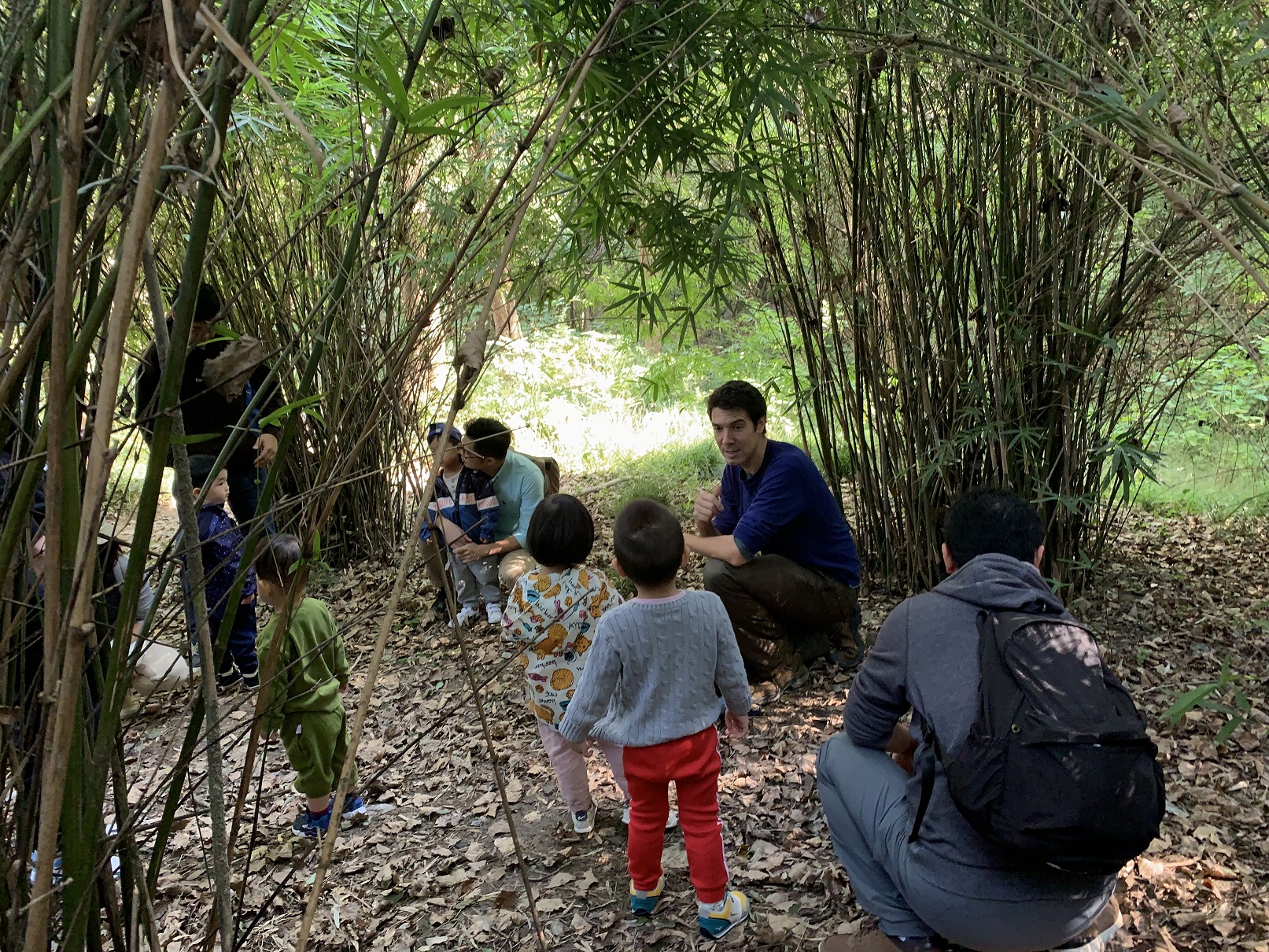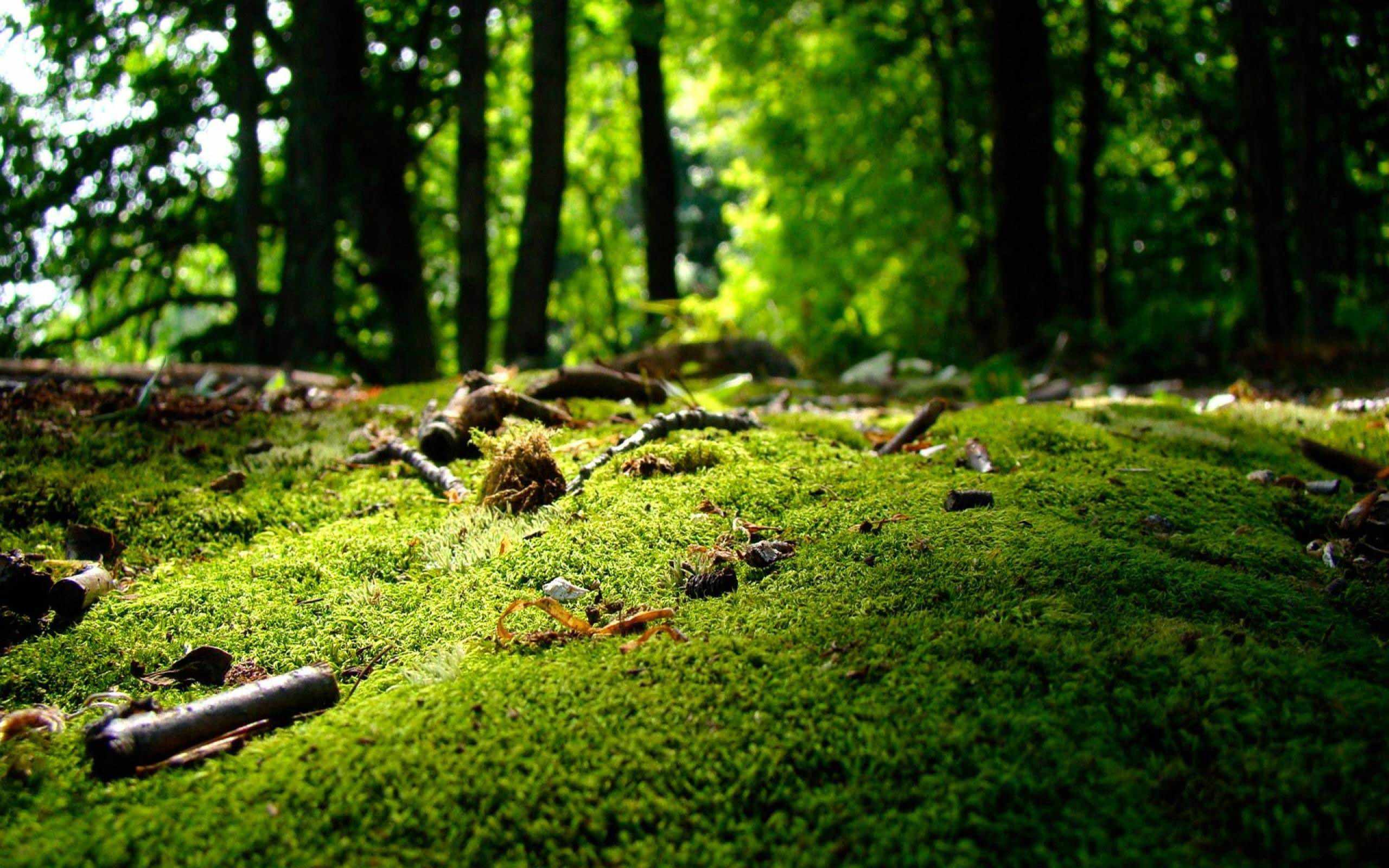Author:
Ashton Spangler
Short summary:
Residents of Shanghai have successfully survived a two-and-a-half-month lockdown for COVID-19 containment. Such extended periods with virtually no exposure to natural environments arguably have invisible effects on people via Nature Deficit Disorder.


Here in Shanghai, the passing of the seasons is an academic idea that we may try to track on our calendars or recall in our memories of what predictably should be happening in the coming weeks. The knowledge of how to approach this time of year of course remains, but perhaps something still feels cognitively distant.
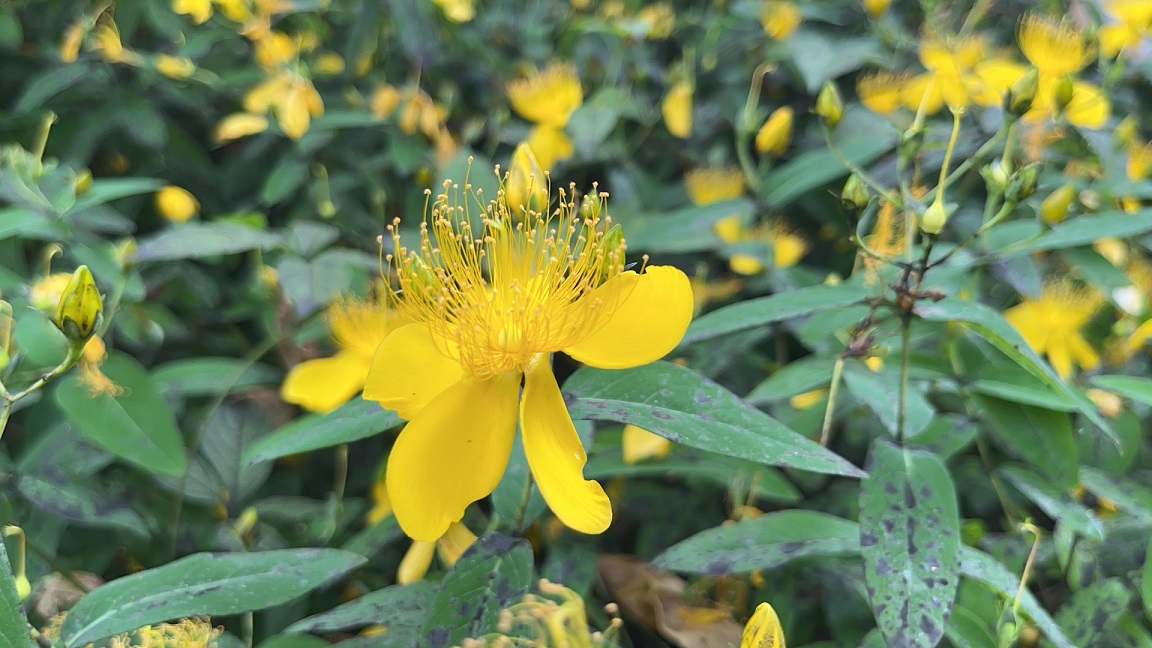
As they say, if a tree falls in the forest with no one around to hear it, does it make a sound? Without immersing in the subtle changes in temperature on our skin as the weeks pass or seeing the hours of sunlight lengthen before the solstice, have seasons really changed, or have the dates on calendars simply marched forward? The blooming of the cherry blossoms is one of the most incredible aspects of Asian life. Watching a blank canvas of a tree burst into a mass of flowers is the perfect symbol to remind us that life - both literally and metaphorically - will emerge again soon. But without those cues to stimulate natural sensations indicating the time of year, distinguishing the differences in words like April, May, and June becomes no different than distinguishing the differences between arbitrary hues of white on a color palate. In essence… It’s Spring if you say so.
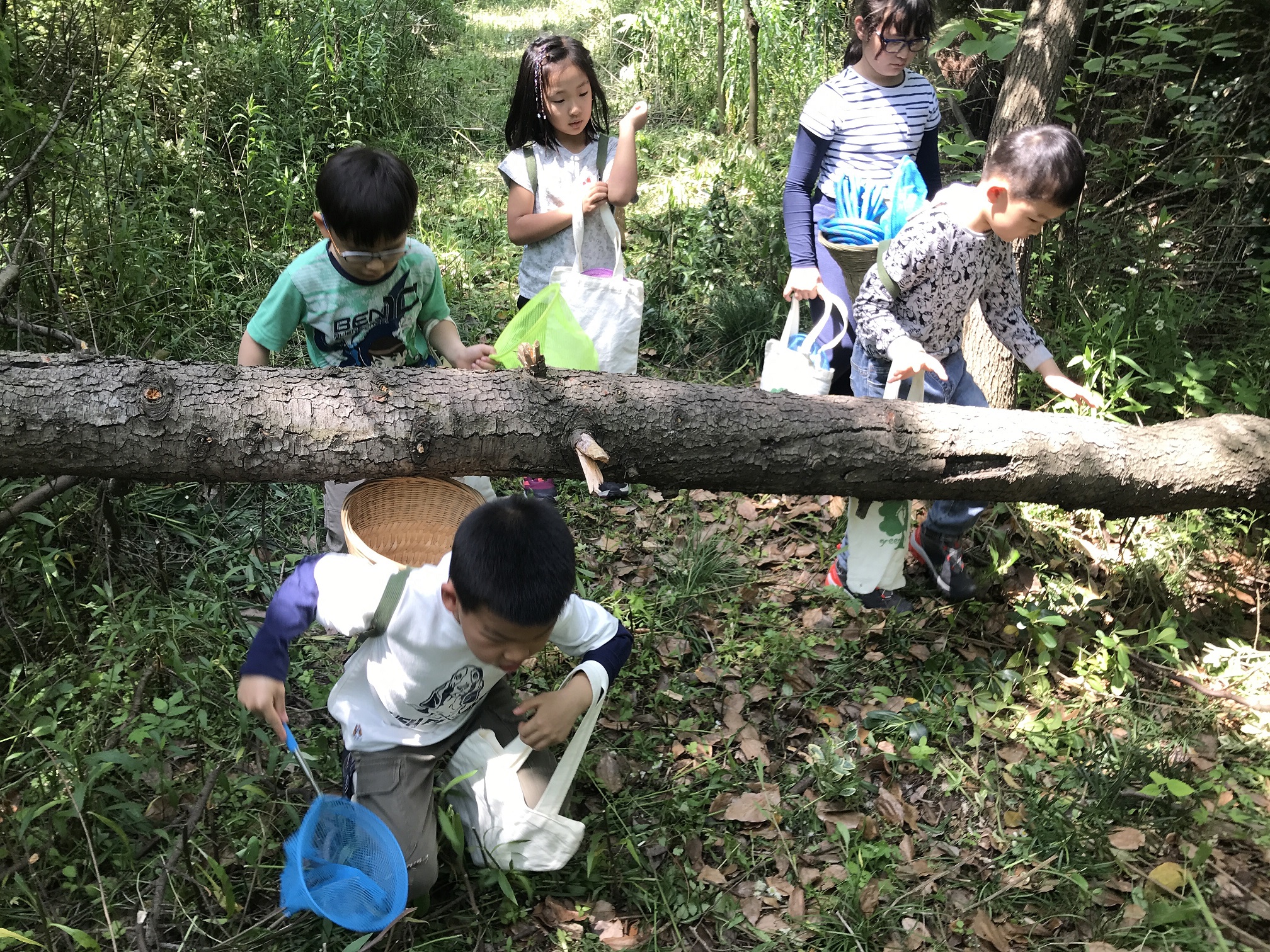
The psychological effect this time may play on Shanghai residents - especially children - may not pass into the night so easily. Within human history, only a mere fraction of time has been spent within the confines of walls. Although we fool ourselves into believing that our species has cognitively evolved enough to accept modern reality without consequences, explosive rates of diagnosable psychiatric disorders say otherwise.

In Last Child in the Woods (2005), Richard Louv shockingly portrayed an emerging phenomenon to explain increases in childhood obesity and behavioral and mood disorders: Nature Deficit Disorder. As children exist under the pressures of school and life in a tech-heavy world, their time engaging in natural spaces disappears. As time outside lessens, it takes the health of the individual with it and opens a pathway for societal blindness towards environmental problems. Devoid of places to experience a variety of sensory stimuli and unstructured activities and develop a personalized connection with nature, the results suspiciously resemble that of ADHD and depression.
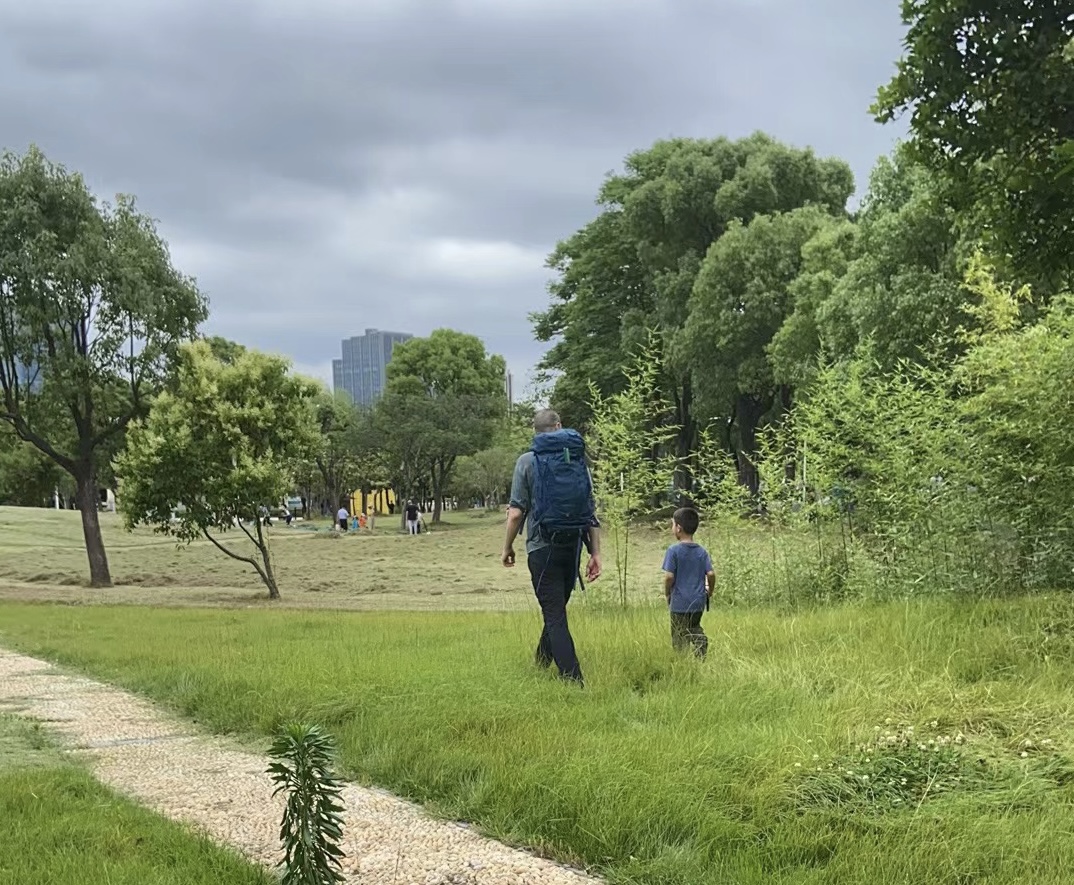
To be clear, Nature Deficit Disorder is not a clinically diagnosable disorder for which one can be medically treated. Rather, it is a reflection on damages that can be done when people are taken from natural environments that arguably reflect where we as a species are biologically pre-disposed to thrive.
Symptoms of Nature Deficit Disorder for an individual can include:
- Sensory Anesthesia
- Directed Attention Fatigue
- Anxiety
- Poor Impulse Control and Emotional Regulation
Moving past the impact on the individual, Nature Deficit Disorder further creates a divide in mindset between the actions of the individual and the environmental impact on the health of the planet. Establishing a sense of investment and care in something that is viewed from afar is quite difficult. In the same way that one cannot expect a person who has never studied economics to develop an emotional connection with investment banking, environmental health is similar. A pile of textbooks using terms like “greenhouse gas emissions”, “climate change”, and “deforestation” is not likely to inspire action for stewardship of the planet in a way that engaging with the changing landscape of a sentimental place in nature will.
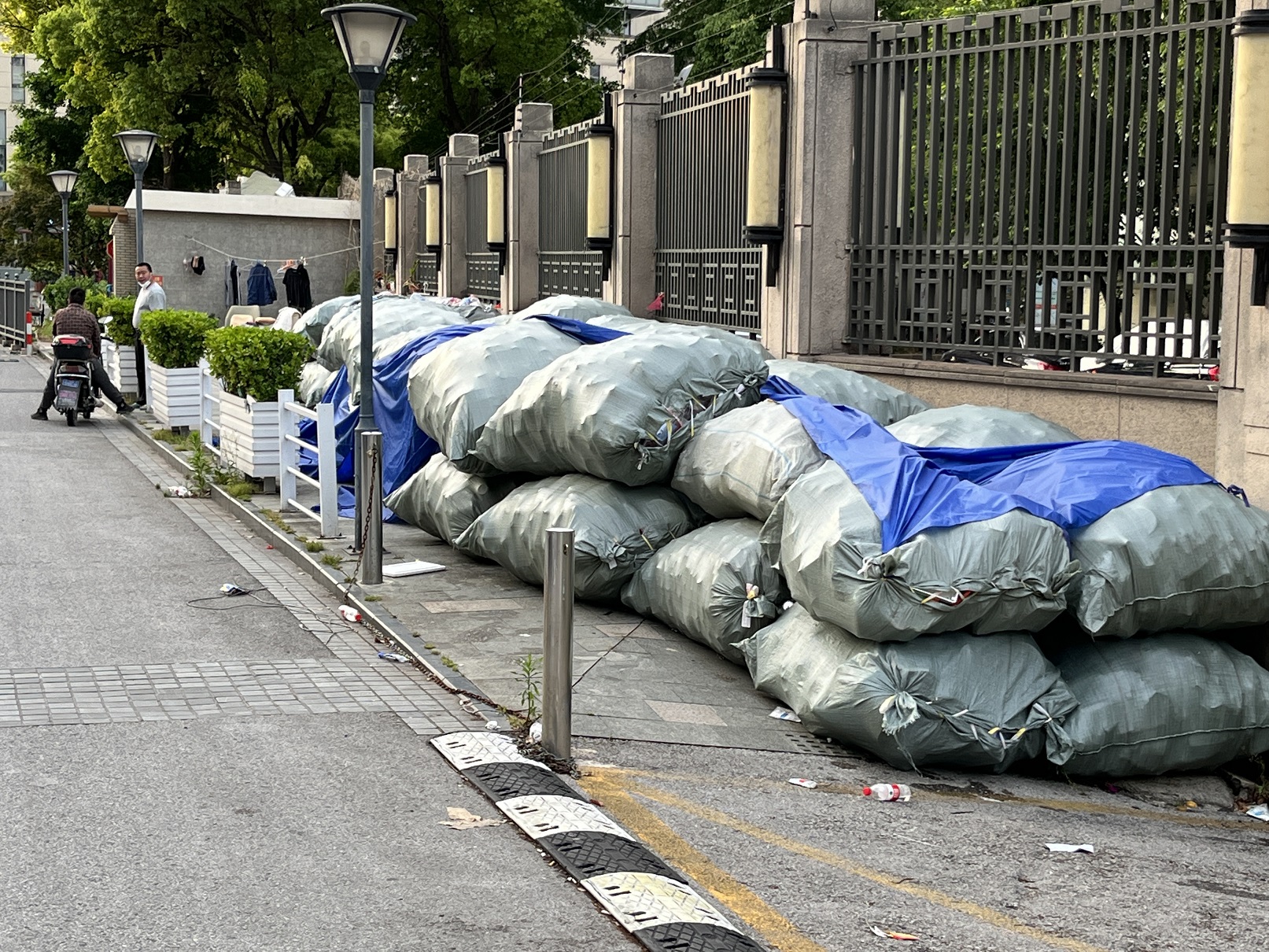
Imagine being a child who regularly goes to a nearby park. It is inevitable that after continued time in this park, that space will trigger a flood of wonderful memories and images of beloved experiences. Now, suddenly imagine this sacred space filled with pieces of litter or perhaps a new construction on the premises. Something deep inside the mind or the heart will take notice of the differences and begin to ask “why”. This kind of questioning is the pathway by which environmental degradation ceases to be seen as a problem that happens in a distant “over there”, but then becomes something to which everyone can have a tangible and thoughtful relationship.
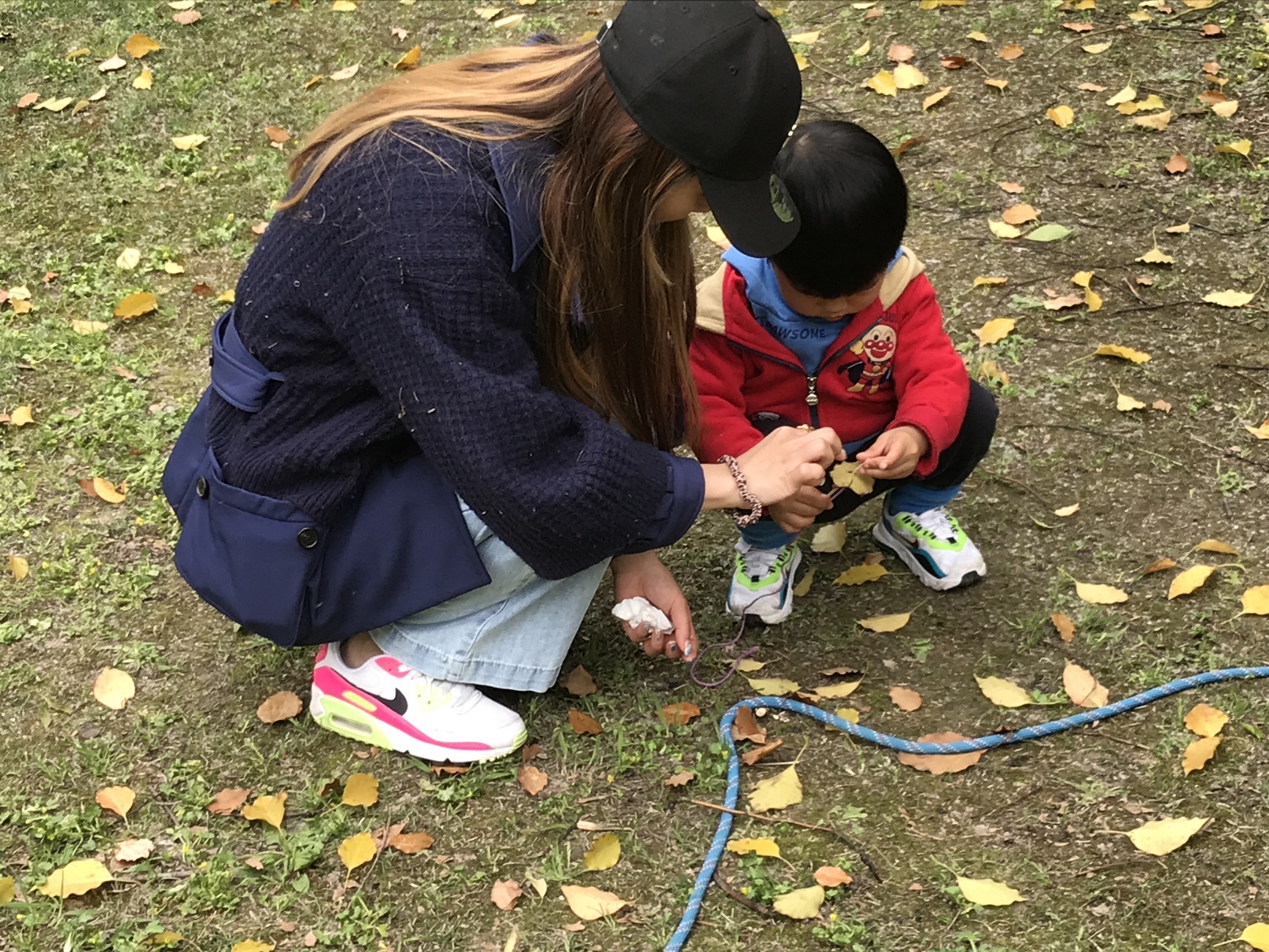
Since the beginning of 2020, preventing symptoms of Nature Deficit Disorder has become difficult and quite frankly, probably the least of anyone’s worries amid a pandemic that has left us in a whirlwind of news updates and Greek letters. If no other benefit can be found from the past two and a half years of chaos, let us hope that we have come to better cherish natural spaces and understand the reality that they are not a guaranteed privilege we may always access. As our summer unfolds, Shanghai people: I urge you to go out and take the time for mindful exploration without a deadline, for child-like fun frolicking among plants, and for moments of embrace with the sensations that can only be felt outside of walls. You have earned this reward, and it is one from which the learning and the impact benefit our collective future as residents of Earth.
